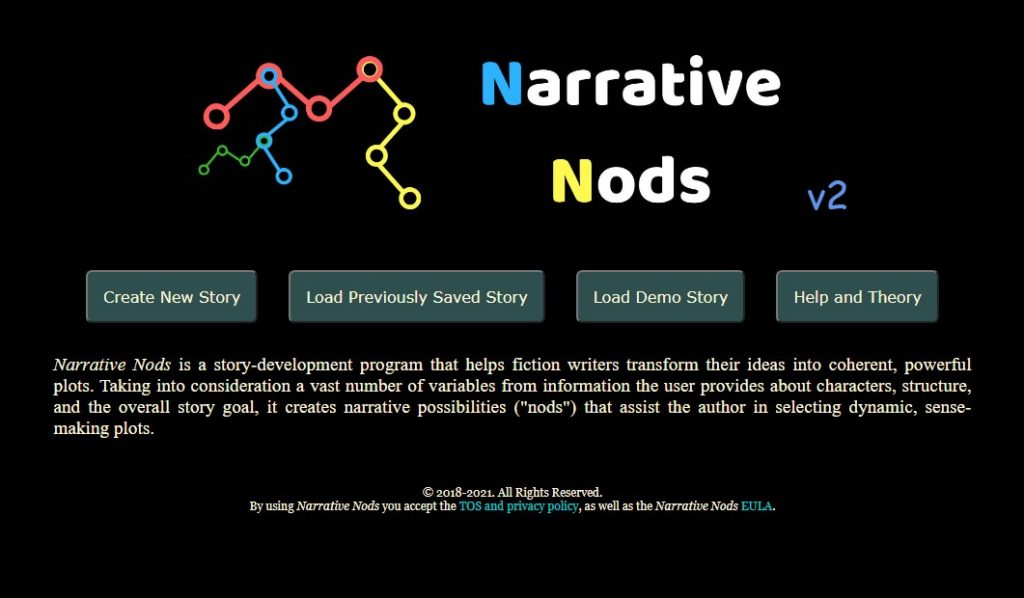“Emotional IQ” is one of those phrases people in marketing and recruiting love to throw around. Many of them might not even know what they’re talking about. For writers – but also readers – emotional IQ in writing is more than important; it’s crucial.
By “emotional IQ” we generally mean the ability to recognize emotions (our own as well as others’) by noticing patterns and expressions. These can belong to various categories:
- Visual. For instance, noticing the way someone’s eyes move, or the way their lips are puckered; body language, in general.
- Aural. Think of someone’s speech, including tempo, hesitation, pitch, etc.
- Textual. The kind of language we use – including syntax, register, and other such details – can reveal a lot about our emotional inner worlds.
For our context, that is, emotional IQ in writing, you might think the last one is the most important. To some extent you’d be right, but don’t neglect the other two. Visuality and sounds can be major aspects in narrative. If, for example, your goal is to write realistic characters, you’d want their emotional expressions to be subtle, rich, and believable. Visual and aural cues, then, are important.


